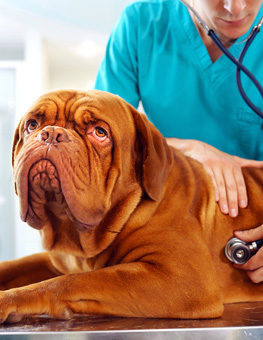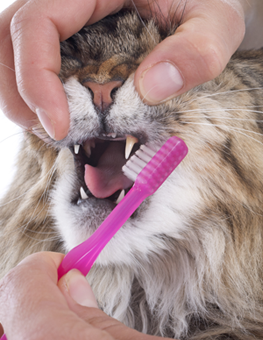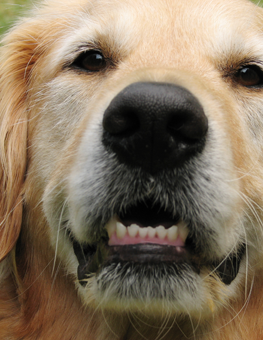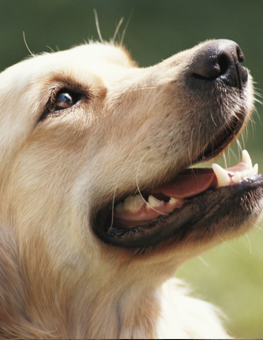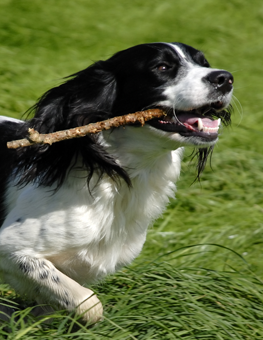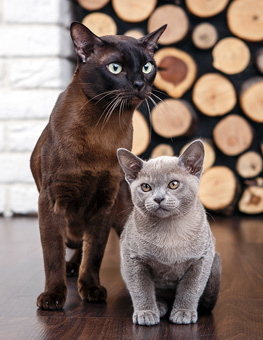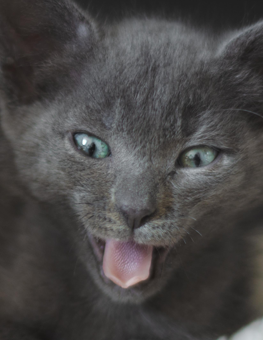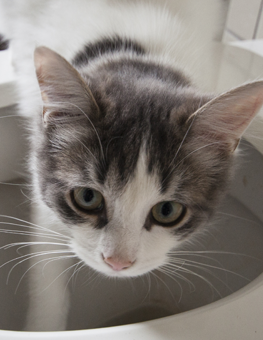Dental Disease in Pets
We have all been there: you’re ready to snuggle up with your furry friend on the couch and relax before bedtime. You sit down, call her over and she jumps up next to you with her face by your nose ready to give you a sweet little kiss.
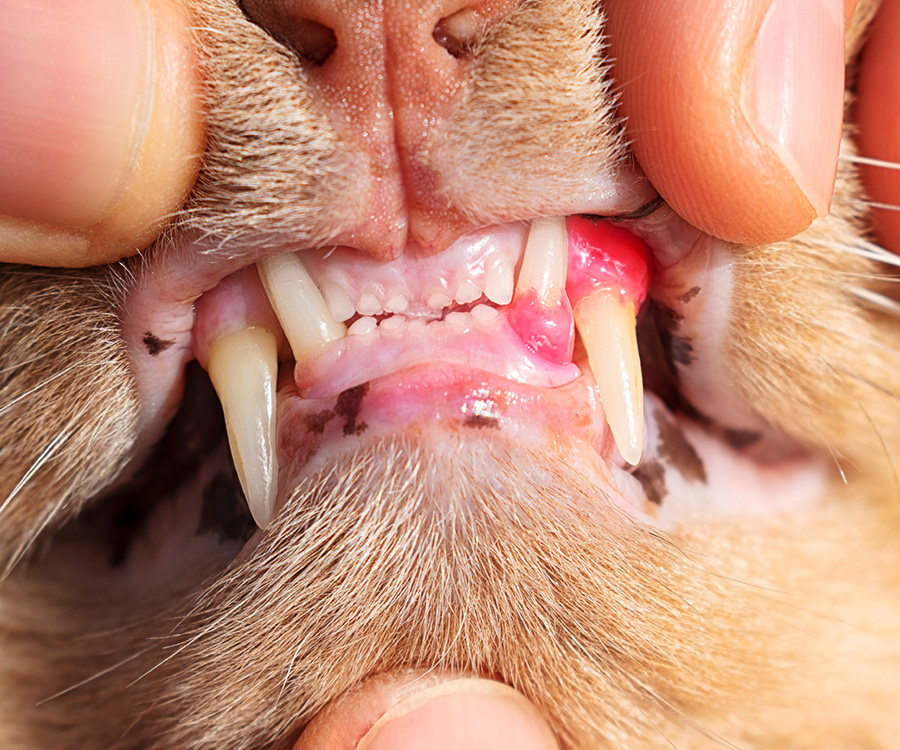
Dental disease of the gums in pets can leave parts of the tooth exposed to harmful tartar and bacteria.
And then you notice the smell getting in the way of this beautiful moment. It can be quite strong at times, which makes it hard to want to give your pet all the TLC they deserve. After some thought, you realize it may be time to have her teeth cleaned. At the veterinarian’s office, you may hear your pet has some dental tartar and oral disease of her gums, which is graded on a scale of 1 to 4, with one being mild and four being severe disease.
Dental disease of the gums in pets leads to many problems. The gums (gingiva) become irritated with all of the tartar build up on the teeth and below the gum-line. This causes inflammation of the gums, or gingivitis, and the tissue can start to recede towards the roots of the teeth (gingival recession). This leaves parts of the tooth exposed to harmful tartar and bacteria.
Additionally, the gums also are more likely to bleed when eating due to the inflammation. The teeth can start to become exposed and the roots can become compromised which can be painful. Your veterinarian may recommend that these teeth be removed to prevent further infection and disease.
Teeth that have damage to the root or damage to the nerve may be extremely uncomfortable for your pet. The secondary infection that occurs can be caused by the bacteria and tartar build up, creating the unpleasant smell that comes from their mouth. It may seem cruel to remove teeth, but some pets have difficulty eating and may lose weight due to their discomfort (especially our feline friends).
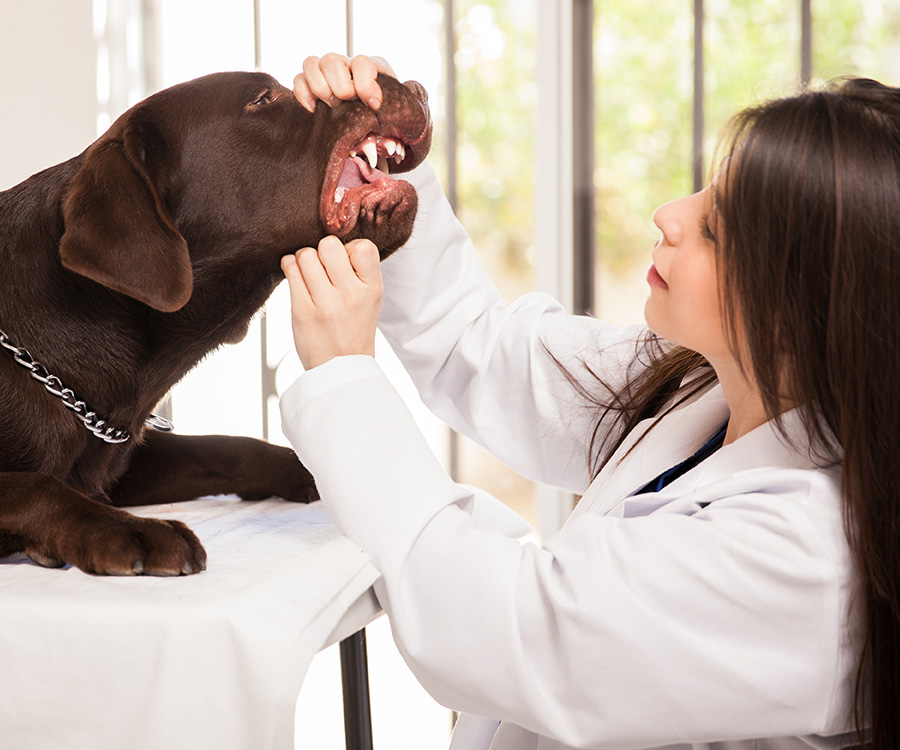
Your vet may recommend that teeth be removed to prevent further infection and dental disease in your pet.
Most pets do very well after removing damaged teeth if needed, and then cleaning, and polishing those that remain. The thought of anesthesia may also make you nervous, but it is not a very deep anesthetic. The pet mostly needs to just be still for the cleaning and any dental work. Veterinarians typically use local anesthetic blocks (like your own dentist) for any dental work, to prevent discomfort during and after the procedure.
It is also well documented that dental disease can impact the heart by creating a condition called endocarditis, which is an infection and/or inflammation of the interior structures of the heart (such as the valves).
Additionally, dental disease is one of the most common causes of chronic kidney disease, which is a common disease process in older cats. This may seem unlikely, as the heart and kidneys are nowhere near the mouth. However, the bacteria from tartar have access to the body’s highway system, the bloodstream, because of the chronically inflamed and bleeding gum tissue. This makes control of dental disease an important factor in giving our pets the longest and happiest life possible.
Your veterinarian will gladly go over the process of a dental cleaning with you so that you feel as comfortable as possible prior to cleaning up your pet’s teeth (so you can get back to snuggling and nose kisses).




